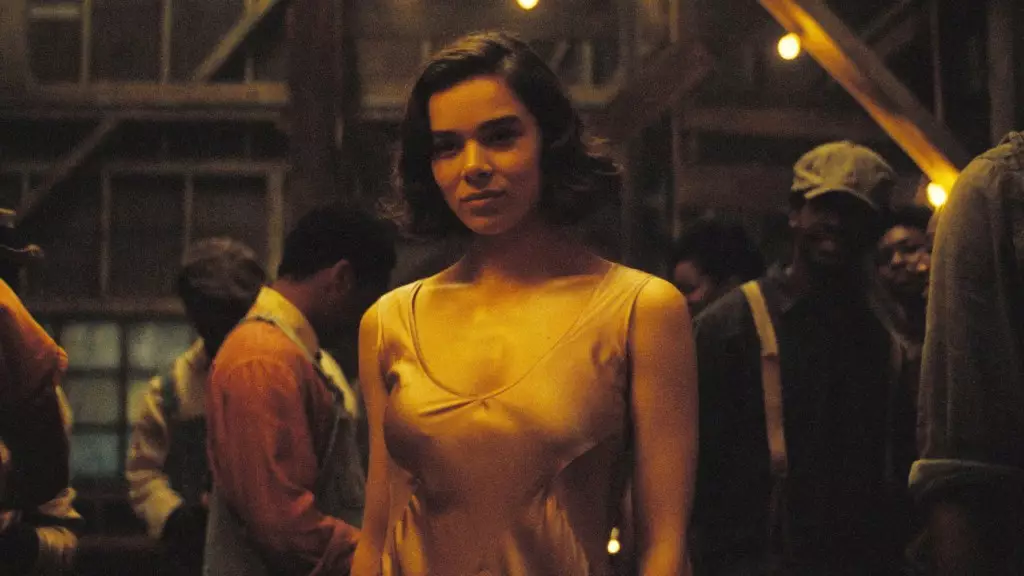Hailee Steinfeld’s latest venture, the film ‘Sinners,’ represents more than just another acting role; it embodies a deep exploration of identity and heritage. As she steps into the shoes of Mary, a multi-racial vampire set against the haunting backdrop of 1930s Mississippi, Steinfeld finds herself woven into a narrative that resonates personally and culturally. In an age where discussions surrounding race and representation are more critical than ever, her portrayal serves as a vital focal point for conversations on the intersection of identity, trauma, and storytelling.
Steinfeld’s own heritage as part-Black and part-Filipino adds a unique layer to her character, allowing her to draw from her real-life experiences. It’s a poignant reflection of a growing desire for authentic representation in cinema. By embodying a character that navigates the complexities of being multi-racial, Steinfeld invites audiences to reflect on their own identities, evoking questions that range from familial connections to larger societal issues. Her heartfelt admission of the movie’s impact on her personal life demonstrates the profound psychological weight that storytelling can carry.
The Broader Implications of ‘Sinners’
‘Sinners,’ directed by Ryan Coogler, is not merely a horror film but also a poignant historical commentary. The story follows twin brothers, Smoke and Stack, as they return from World War I to confront supernatural forces in a racially charged landscape. Coogler’s impetus for this project stems from a deeply personal tragedy—his uncle’s passing—which lends the film an authenticity and emotional heft that goes beyond conventional genre boundaries. By merging personal loss with a universal theme of confronting evil, he crafts a narrative that resonates on multiple levels.
The film’s setting in the 1930s evokes a time when blues music flourished as an expression of pain, resilience, and identity—echoing the internal struggles of its characters. The director’s own experiences, steeped in familial bonds and musical influences, pulse through the script, creating a rich tapestry that highlights the cultural significance of music in shaping identity. Coogler’s reflections on his uncle’s connection to the blues serve as a reminder of the profound ways in which our pasts shape our present.
The Emotional Heartbeat of the Film
Steinfeld’s insights underline the emotional heartbeat of ‘Sinners.’ The film does not shy away from portraying the complex realities faced by its characters, but rather embraces them. Her gratitude for the personal connection she feels to the material hints at the therapeutic potential of storytelling, where exploration of grief and ancestry serve as a means of understanding oneself. By delving into her character’s struggles, Steinfeld can bring forth a raw, genuine performance that speaks to audiences far beyond the screen.
As viewers engage with ‘Sinners,’ they are invited to not only experience a thrilling narrative but also to reflect on their own histories and identities. This duality of entertainment and introspection is a masterstroke in filmmaking, presenting an opportunity for audiences to grapple with their own questions about belonging, culture, and the legacy we inherit from those who came before us. In an era craving representation and authenticity, Steinfeld and Coogler stand as firm advocates for films that resonate on both emotional and social levels.


Leave a Reply